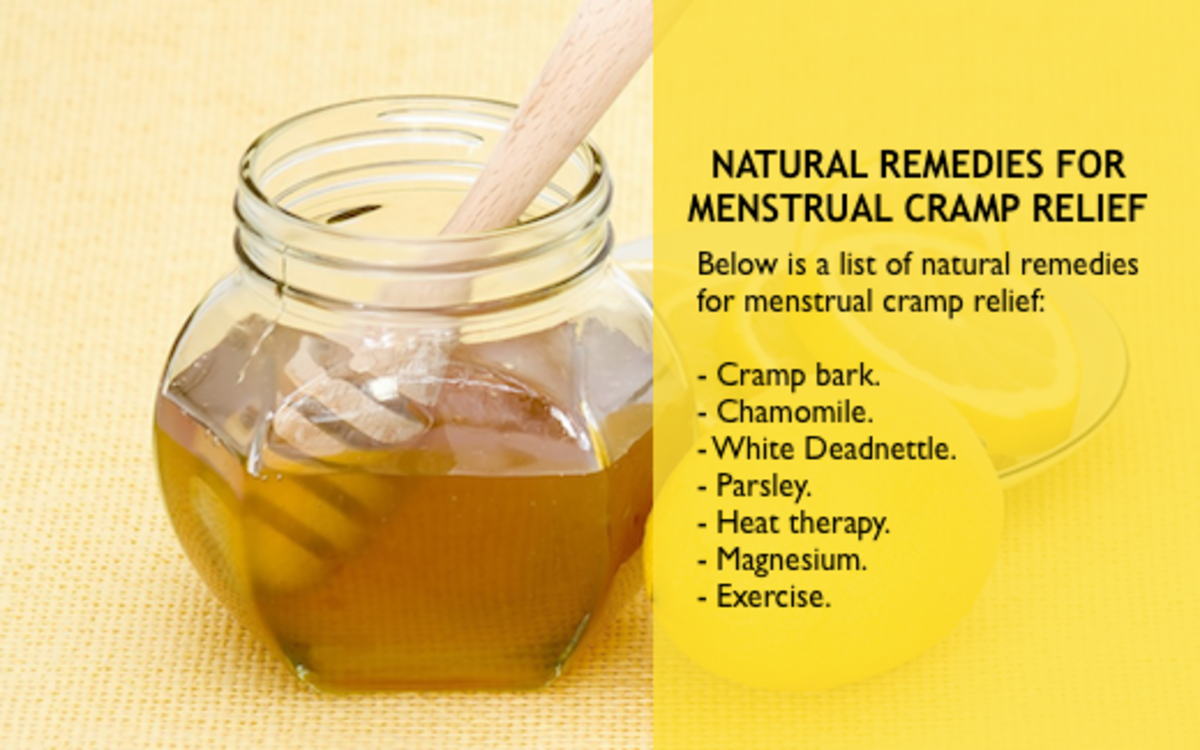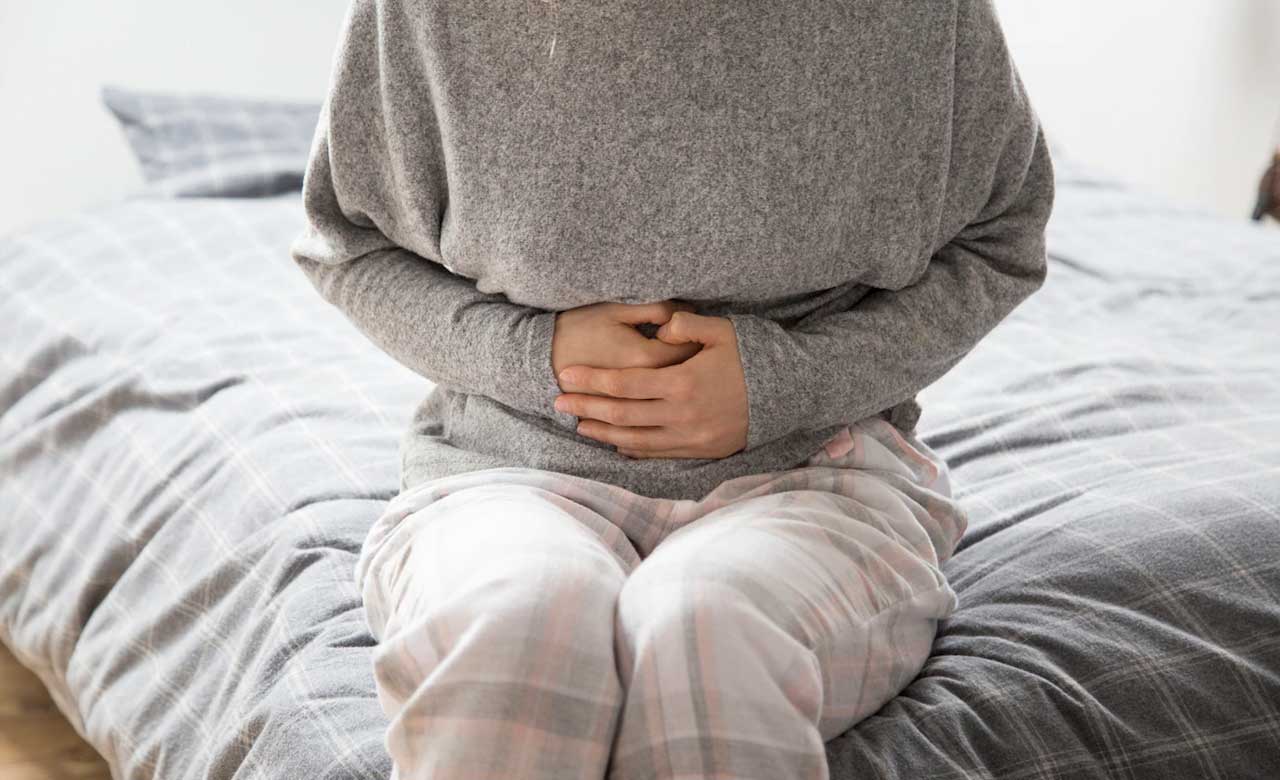10 Period Cramp Remedies For Quick Relief

Period cramps - the unwelcome companion to many people’s menstrual cycles. While they can be debilitating, there are numerous remedies that can provide quick relief. In this article, we’ll dive into the world of soothing solutions, exploring 10 period cramp remedies that can help alleviate those pesky pains.
Firstly, let’s understand what period cramps are. Also known as dysmenorrhea, they occur when the uterus contracts to shed its lining during menstruation, leading to pain in the lower abdomen, back, and thighs. While some people experience mild discomfort, others may face severe pain that disrupts daily life. Fortunately, there are many effective remedies to combat these cramps.
1. Over-the-Counter Pain Relievers
One of the most common and effective ways to manage period cramps is by taking over-the-counter (OTC) pain relievers. These include ibuprofen (Advil, Motrin) and naproxen (Aleve), which work by reducing prostaglandins - the hormone-like substances that cause the uterus to contract. It’s essential to follow the recommended dosage and consult a doctor if you have any underlying health conditions.
When taking OTC pain relievers, it's crucial to be aware of potential interactions with other medications. Always consult your doctor or pharmacist if you're unsure.
2. Heat Therapy
Applying heat to the lower abdomen can help relax the uterine muscles, reducing cramp severity. You can use a heating pad, hot water bottle, or even a warm bath to soothe the area. Some people also find relief by using a microwaveable heat wrap or a hot compress.
3. Exercise and Physical Activity
While it may seem counterintuitive, engaging in physical activity can actually help alleviate period cramps. Exercise releases endorphins, which are natural painkillers that can help reduce discomfort. Activities like yoga, walking, or swimming can be particularly beneficial, as they promote relaxation and reduce stress.
4. Dietary Changes
Foods rich in omega-3 fatty acids, such as salmon, flaxseeds, and walnuts, can help reduce inflammation and alleviate cramps. Increasing your intake of complex carbohydrates, like whole grains, fruits, and vegetables, can also help stabilize blood sugar levels and promote relaxation. Additionally, staying hydrated by drinking plenty of water can help reduce bloating and cramp severity.
5. Herbal Remedies
Certain herbal remedies, such as ginger, turmeric, and chamomile, have natural anti-inflammatory and pain-relieving properties. You can consume them as teas, supplements, or add them to your meals. However, it’s essential to consult with a healthcare professional before using any herbal remedies, especially if you have any underlying health conditions.
6. Acupuncture and Acupressure
These ancient practices involve stimulating specific points on the body to promote relaxation and reduce pain. Acupuncture and acupressure can help alleviate period cramps by releasing endorphins and promoting blood flow to the uterus.
How to Practice Acupressure for Period Cramp Relief:
- Locate the acupressure points: LI4 (Hegu) and LV3 (Taichong) are commonly used to alleviate period cramps.
- Apply gentle pressure: Use your fingers or thumbs to apply pressure to the designated points.
7. Aromatherapy
Certain essential oils, such as lavender, clary sage, and bergamot, have natural relaxing and pain-relieving properties. You can use a diffuser, inhale the oils directly, or add them to your bath water to promote relaxation and reduce cramp severity.
8. Massage Therapy
Massage can help relax the uterine muscles, improve blood flow, and reduce pain. You can try self-massage techniques or visit a professional massage therapist. Focus on the lower abdomen, back, and thighs to target the areas most affected by period cramps.
9. Rest and Relaxation
Sometimes, the simplest solution is the most effective. Getting plenty of rest, practicing relaxation techniques like meditation or deep breathing, and engaging in activities that bring you joy can help reduce stress and alleviate period cramps.
10. Prescription Medications
In severe cases, prescription medications like birth control pills or gonadotropin-releasing hormone (GnRH) agonists may be necessary to manage period cramps. These medications work by regulating hormonal imbalances and reducing prostaglandins. Consult with your healthcare provider to determine the best course of treatment for your specific needs.
Prescription Medications: Weighing the Pros and Cons
| Pros | Cons |
|---|---|
| Effective in reducing severe period cramps | Potential side effects, such as mood changes or weight gain |
| Can regulate hormonal imbalances | May require regular monitoring and dosage adjustments |

In conclusion, period cramps don’t have to control your life. By exploring these 10 remedies, you can find the perfect combination to alleviate your discomfort and regain your confidence. Remember to consult with your healthcare provider before starting any new treatments, especially if you have underlying health conditions.
What are the most effective natural remedies for period cramps?
+Natural remedies like heat therapy, exercise, and herbal supplements can be effective in alleviating period cramps. However, it’s essential to consult with a healthcare provider before trying any new remedies, especially if you have underlying health conditions.
Can I use over-the-counter pain relievers for period cramps?
+Yes, over-the-counter pain relievers like ibuprofen and naproxen can be effective in managing period cramps. However, it’s crucial to follow the recommended dosage and consult with a doctor if you have any underlying health conditions or concerns.
How can I prevent period cramps from occurring in the first place?
+While it’s impossible to completely prevent period cramps, maintaining a healthy lifestyle, including a balanced diet, regular exercise, and stress management, can help reduce their severity. Additionally, considering hormonal therapies or birth control options can help regulate menstrual cycles and alleviate cramps.